The Hope and Heartbreak of the Derek Chauvin Verdict
When George Floyd got the justice Rodney King never did, it felt like relief. Then I learned about Ma'Khia Bryant.
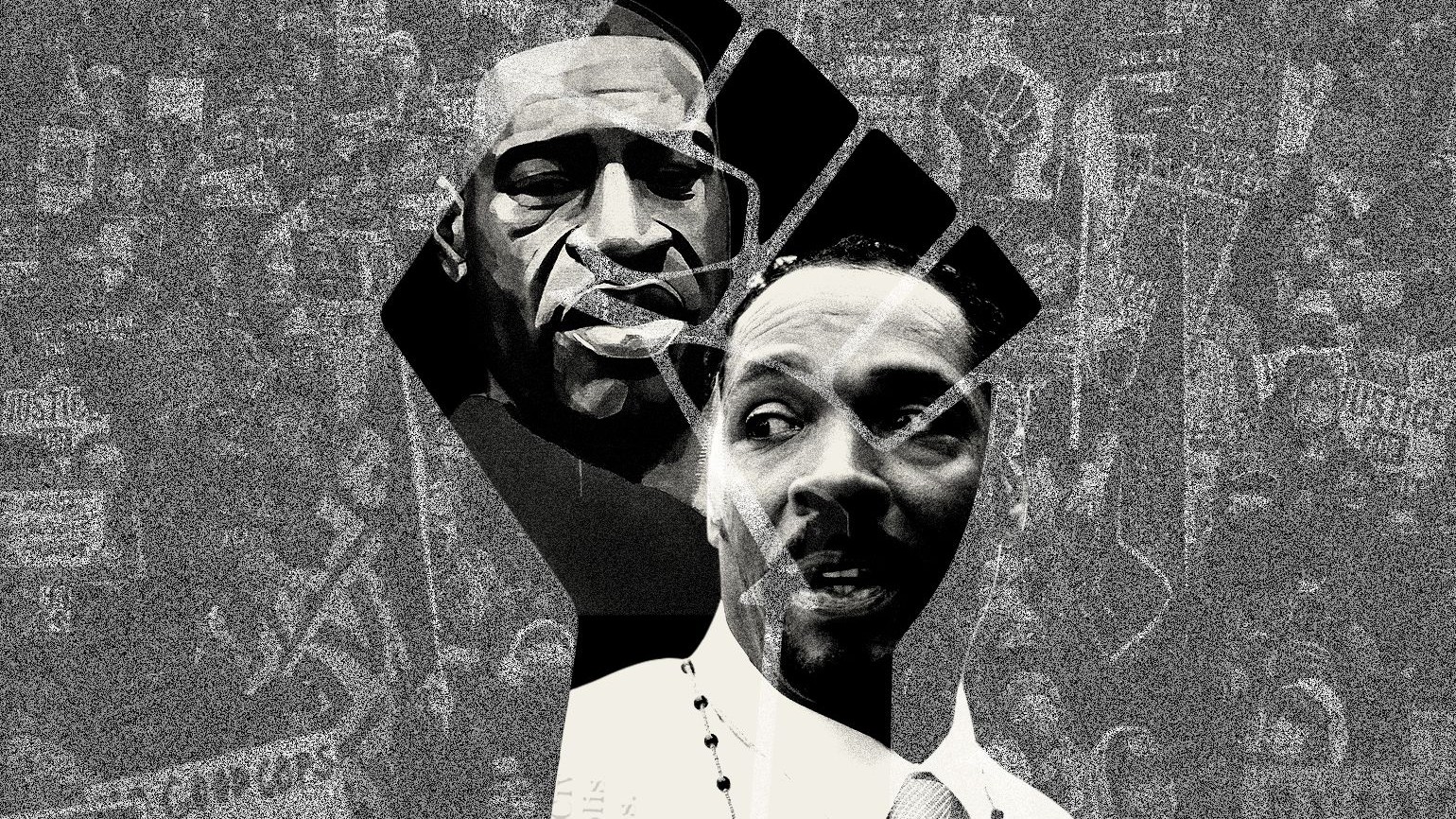
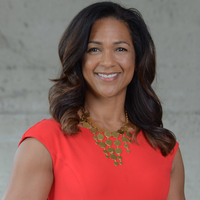
I know heartbreak. I have been waiting for justice for 30 years.
This has been a season of heartbreak, and we’ve all been swirling in the uncertainty of our safety, no matter what we do. But in the hours leading up to the announcement of the jury’s verdict in the Derek Chauvin trial, I felt it again—that moment when my heart breathes in the world’s toxicity and breathes out despair. Thirty years ago, in the blush of my twenties, I witnessed with the rest of the nation a bystander’s grainy video of the clenched and brutalized figure of Rodney King, unable to protect himself from the flurry of nightstick blows and kicks by police. He had been driving. He was stopped. He was attacked. We all saw the unmitigated violence of that mob. That was then. And, on Tuesday, in a flash, I found myself back in 1992 again.
I think about who I was in 1992. I’d been working in Chinatown with San Francisco high schoolers to encourage service-learning. I believed in service, that appealing to the moral high ground would lead to grand change. In the weeks leading up to the verdict, I met friends among the crowds for a protest on the campus of San Francisco State, demanding the police officers be held accountable for pulling Rodney King out of his car and beating him nearly to death. Core decency, we thought as we held up signs, could lead to justice and accountability if only we show our heartbreak out loud.
What I couldn’t know then is that I would live another 30 years witnessing so many police killings. Justice denied, over and over again. I did not then, in 1992, fully accept that the laws did not protect someone like Rodney King. Someone like me. I was outraged that King’s character was assassinated to justify the harm. I was broken when I watched him stand up—battered and traumatized—to ask everyone, “Can we all get along?” He spoke with the deepest well of beauty I had seen. As protestors, in our outrage we appealed to the justice system to do the right thing, and in April 1992, I still believed it was possible—that the jurists would come to recognize the injustice inflicted on King, and that the courtroom would serve as a theater for truth.
What I felt in 1992, is that my faith was misplaced. The system would betray me and break my heart consistently and constantly.
But I was wrong. The four police officers who beat King were acquitted of the charges brought against them. I couldn’t know then that this would be the script that would play out again and again over the next 30 years. What I felt in 1992, and would continue to feel in the subsequent years, is that my faith was misplaced. The system would betray me and break my heart consistently and constantly.
Heartbreak—crushing grief, anguish, and distress—has been an unwelcome guest these past years as I experience the world through the lens of social media and the news. Every story of pain and violence that touches my people, even if it is physically or geographically far away, cuts that open wound. The distance collapses. With the deaths of Tamir Rice, and Sandra Bland, and Oscar Grant, and Eric Garner, among others, I felt my wound split again. No matter where in the world they were, they were my people. They were me.
When Derek Chauvin was found guilty on all three counts for murdering George Floyd, I found myself still. After years this was a fresh taste of justice. On my laptop screen, I watched Chauvin’s eyes, how he seemed to be looking for something. I watched him leave the courtroom with hands cuffed behind his back. I felt—or, better yet, my heart felt—a pang that often accompanies a deep stretch or the loosening of a scab. In tears, I held hands in silence with my partner. I took a deep breath. Could this be, finally, the reckoning we have longed for? An end to the trauma and grief and pain in our lifetimes and the lives of those who came before?
Stay In The Know
Get exclusive access to fashion and beauty trends, hot-off-the-press celebrity news, and more.
Not 10 minutes later, I saw the news that 16-year-old Ma’Khia Bryant who, family members say, called the police for help was instead shot to death. The old feeling was back. I watched her TikTok video with her darling afro-puffs. She was so, so young.
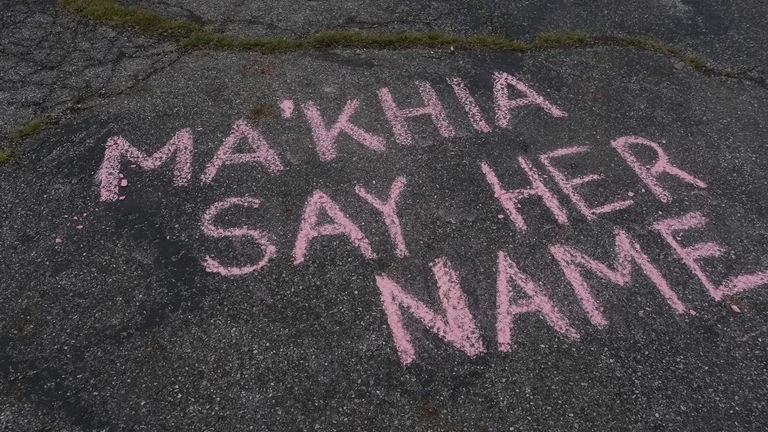
Supporters write messages in chalk at a vigil in Columbus, Ohio on April 21, 2021 in memory of MaKhia Bryant, 16, who was shot and killed by a Columbus Police Department officer.
The heart can break into pieces. Or the heart can break open. In the decades between witnessing the brutality against Rodney King and the murder of George Floyd, I have experienced both. In pieces, our heart withdraws or lashes out. Open, our hearts can be a conduit of faith in a world we have not yet seen. Open hearts can heal ourselves and others, reach out to others, feel part of a greater we. Every day since April 29, 1992 has been a choice for me. On my best days, I choose hope. For it is hope and an open heart that allows me to believe that someday we will be free. To get home safely, to be protected.
Please don’t say the system is working. It isn’t. We watched the crime, felt the certainty of its wrongfulness. And yet we know the verdict is rare—and justice even more so.
The heart is where we hold our deepest questions and question our resolve. And I wonder, Are we on a new path? Can we rely on justice in this nation, can we reimagine safety for our people? Can we constrict the role and power of policing and abuse in our communities? Can we dismantle this system?
Many days, and in the hours of this writing, I wonder if my heart is strong enough for the road ahead. I wonder if the next generation can keep the faith for their 30 years in the struggle for justice.
We must. We've had enough.
Related Story
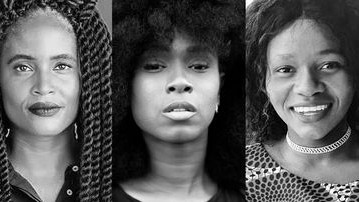
Related Story
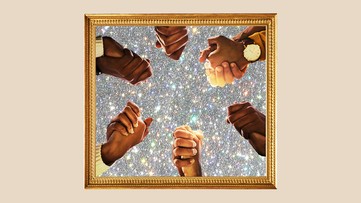

Aimee Allison is founder and president of She the People, a national network elevating the voice and power of women of color. She brings together voters, organizers, and elected leaders in a movement grounded in values of love, justice, belonging, and democracy. In 2018, Ms. Allison was one of the primary architects of the “year of women of color in politics.” In April 2019, she convened the first presidential forum for women of color, reaching a quarter of the American population. A democratic innovator and visionary, Ms. Allison leads national efforts to build inclusive, multiracial coalitions led by women of color. She leverages media, research and analysis to increase voter engagement and advocate for racial, economic and gender justice. Her writing has appeared in the New York Times, The Hill, Essence, Teen Vogue and Newsweek. In the early 1990’s, Ms. Allison earned a rare honorable discharge from the U.S. Army as a conscientious objector and works today to support courageous, moral leadership. Aimee Allison holds a B.A. and M.A. from Stanford University. Author of Army of None, she has appeared in hundreds of outlets including MSNBC, CNN, the Washington Post, Associated Press and NPR. She is building a political home for a million women of color, nationally and in battleground states. She was featured in Politico’s 2019 Powerlist.
-
 Princess Anne's Unexpected Suggestion About Mike Tindall's Nose
Princess Anne's Unexpected Suggestion About Mike Tindall's Nose"Princess Anne asked me if I'd have the surgery."
By Amy Mackelden Published
-
 Queen Elizabeth's "Disapproving" Royal Wedding Comment
Queen Elizabeth's "Disapproving" Royal Wedding CommentShe reportedly had lots of nice things to say, too.
By Amy Mackelden Published
-
 Palace Employees "Tried" to Get King Charles to "Slow Down"
Palace Employees "Tried" to Get King Charles to "Slow Down""Now he wants to do more and more and more. That's the problem."
By Amy Mackelden Published
-
 36 Ways Women Still Aren't Equal to Men
36 Ways Women Still Aren't Equal to MenFeatures It's just one of the many ways women still aren't equal to men.
By Brooke Knappenberger Last updated
-
 How New York's First Female Governor Plans to Fight for Women If Reelected
How New York's First Female Governor Plans to Fight for Women If ReelectedKathy Hochul twice came to power because men resigned amid sexual harassment scandals. Here, how she's leading differently.
By Emily Tisch Sussman Last updated
-
 Why the 2022 Midterm Elections Are So Critical
Why the 2022 Midterm Elections Are So CriticalAs we blaze through a highly charged midterm election season, Swing Left Executive Director Yasmin Radjy highlights rising stars who are fighting for women’s rights.
By Tanya Benedicto Klich Published
-
 Tammy Duckworth: 'I’m Mad as Hell' About the Lack of Federal Action on Gun Safety
Tammy Duckworth: 'I’m Mad as Hell' About the Lack of Federal Action on Gun SafetyThe Illinois Senator won't let the memory of the Highland Park shooting just fade away.
By Sen. Tammy Duckworth Published
-
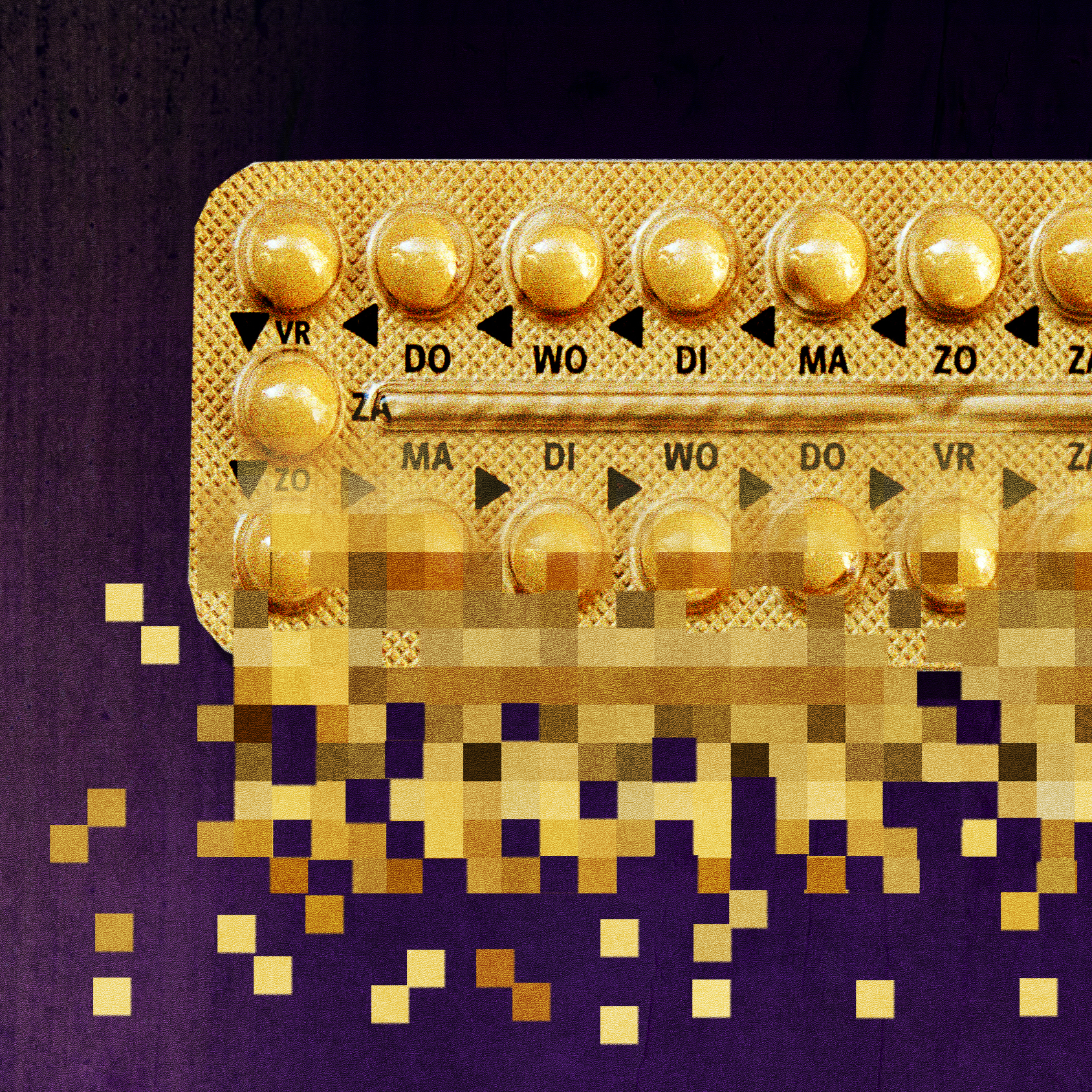 This Bill Wants to Stop Anti-Abortion Groups From Getting Your Private Data. Period
This Bill Wants to Stop Anti-Abortion Groups From Getting Your Private Data. PeriodPost-Roe period tracking apps and search history suddenly have serious implications.
By Emily Tisch Sussman Published
-
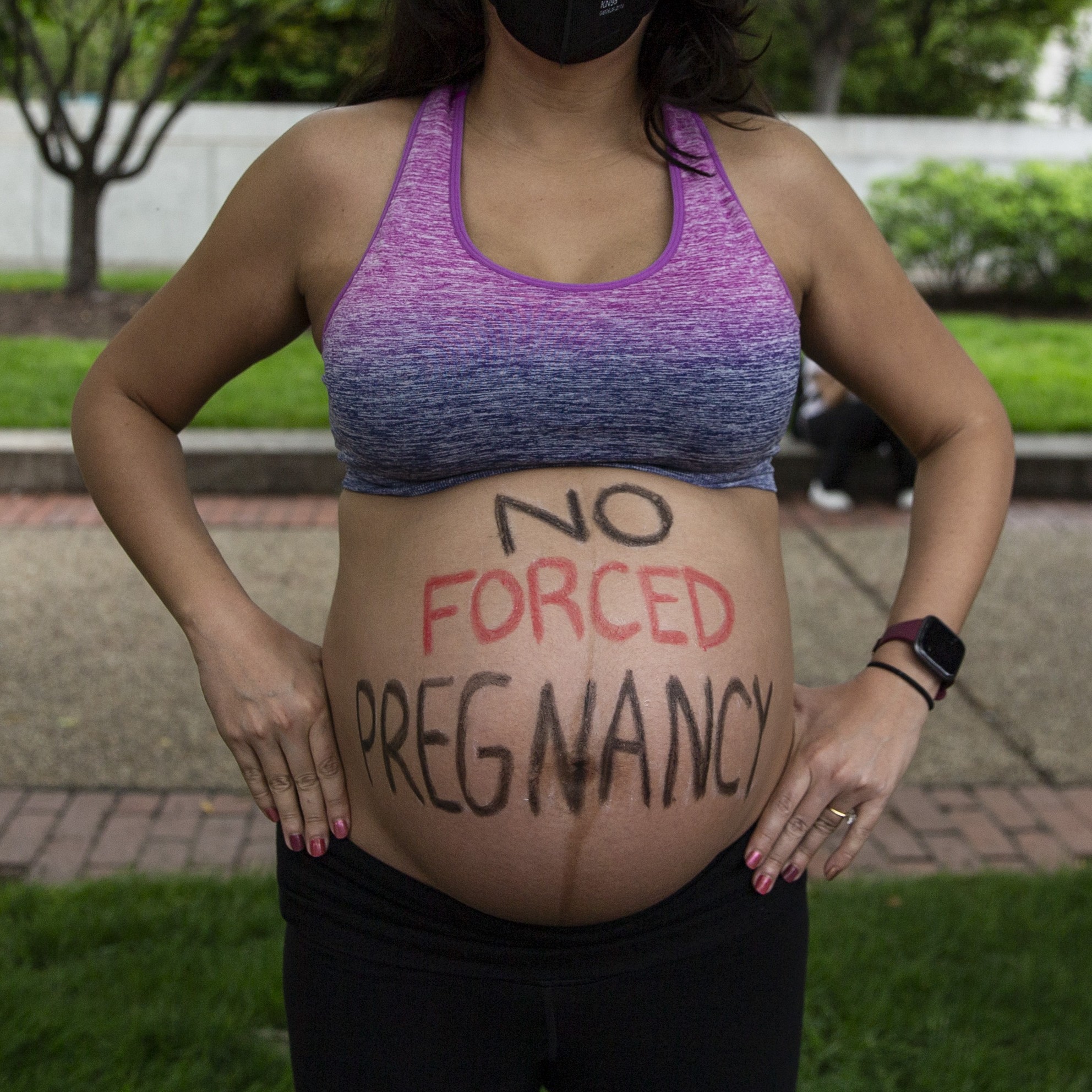 Post-Roe, Pregnant People Will Become Suspects
Post-Roe, Pregnant People Will Become Suspects\201cWe anticipate a very dramatic increase in the rate of criminalization of all pregnancy outcomes.\201d
By Lorena O'Neil Last updated
-
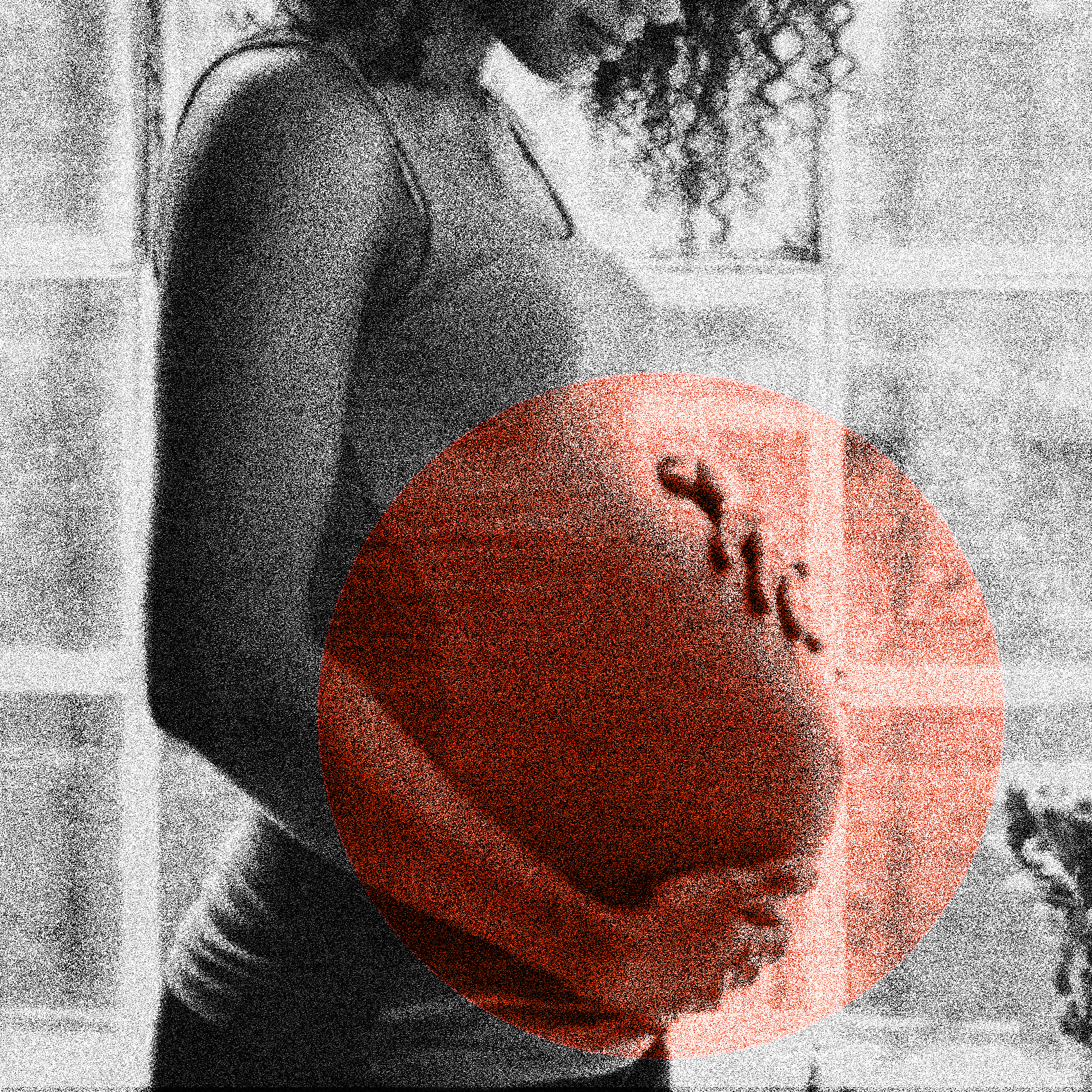 As a Pregnant Woman Post-Roe, I'm Terrified to Travel in America
As a Pregnant Woman Post-Roe, I'm Terrified to Travel in AmericaOne author wonders: If my pregnancy turns tragic in a trigger ban state, will I get the life-saving care I need?
By Jo Piazza Published
-
 Roe Is Gone. We Have to Keep Fighting.
Roe Is Gone. We Have to Keep Fighting.How To Democracy always offers a path forward even when we feel thrust into the past.
By Beth Silvers and Sarah Stewart Holland, hosts of Pantsuit Politics Podcast Published